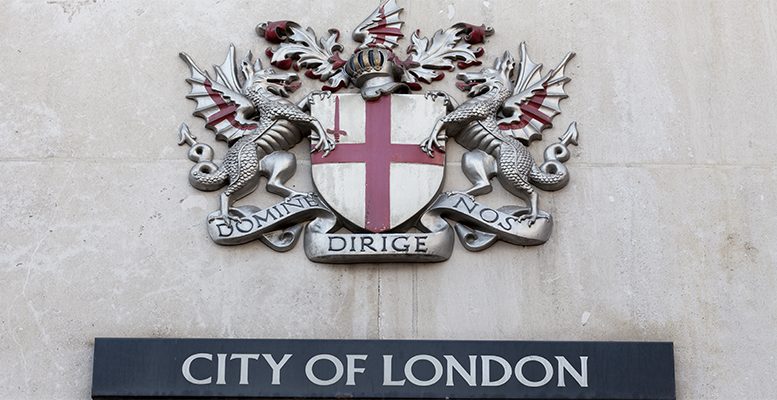Manuel Moreno Capa | As soon as Boris Johnson swept to victory in the UK general election of last December 12, he made two decisions that have not been welcomed by the City of London: the first, to reduce the transitional period of Brexit to one year (how naive he is if he thinks his tough stance will soften the positions already taken by Brussels); the second, to appoint a new Governor of the Bank of England not much liked by the markets.
The pound, under pressure again; British companies, once again threatened by negotiating haste that may compromise their trade with Europe; financial institutions, still worried about the great deal London, the financial capital of the world, stands to lose. This is not just due to the fact that a number of firms have already relocated (such as large British hedge funds that have moved their headquarters and assets to EU cities like Dublin or Luxembourg). But also because European and international banks have, in general, scaled down their deposits in London. And the real estate market there is beginning to suffer the downward effects of this migration of talent to the other side of the English Channel … Too many fronts open this new year.
To start with, the fact that Johnson has put Andrew Bailey in charge of the Bank of England is considered worrying in London. Andrew Bailey was head of the Financial Conduct Authority (FCA), which oversees London’s financial center, when the regulator was criticized for the mishandling of a number of scandals.
The appointment of the controversial Andrew Bailey came just after it was known that the press conferences of the former Governor of the Bank of England, Mark Carney, had been hacked and that some hedge funds specialized in high frequency operations (“higth frequency trading”) might have benefitted from that information. For these ultra fast hedge funds, which move large sums of money at high speed, to have access to the Governor’s statements a few seconds before others means extraordinary benefits. It is not surprising that they were prepared to pay between 2,500 and 5,000 pounds for each press conference they had access to before their competitors. A new scandal that casts a shadow over the City because of its recurrent bad practices. Do you remember, for example, British banks being sanctioned for manipulating the London Interbank offered Rate (LIBOR)?
All this bad news comes when the City expects to lose one billion euros’ worth of business due to Brexit. And most of this business is moving to Europe: to neighbouring Dublin, Frankfurt and other continental cities with a stock exchange. This includes Luxembourg, of course, which has already become the second world hub for hedge fund management firms (four billion dollars managed) after the United States. While the London real estate market is cooling down, that of the Grand Duchy, where more and more financial professionals are moving from the City, is heating up.
It is true that London is still a powerful place, in part due to the large number of tax havens that operate under the British flag, such as the Virgin Islands, Bermuda, Cayman and Gibraltar itself, despite its claims to having cleaned up its act. In the City of London itself there are thousands of properties registered in the name of offshore companies … It is a paradise for black money trafficking, black money from tax evaders as well as from other types of criminals such as Russian oligarchies and mafia groups: Watch the movie Eastern Promises again and remember that the large number of Putin’s compatriots, over 150,000, who have settled in the British capital are responsible for its new nickname: Londongrad and for the fact that it has become one of the most disturbing and sometimes dangerous capitals in Europe.
This rotten smell – from which the City cannot distance itself despite its high standing as a financial services hub – will become more pungent as Brexit becomes a reality. Not surprisingly, more and more hedge fund managers prefer to avoid London and look for places which are not under a cloud and, more importantly, in the EU.





